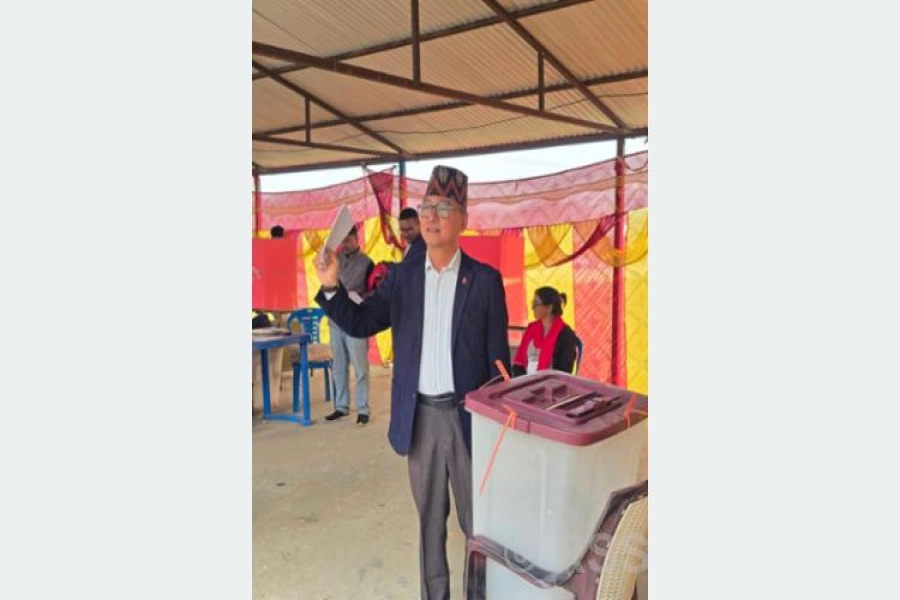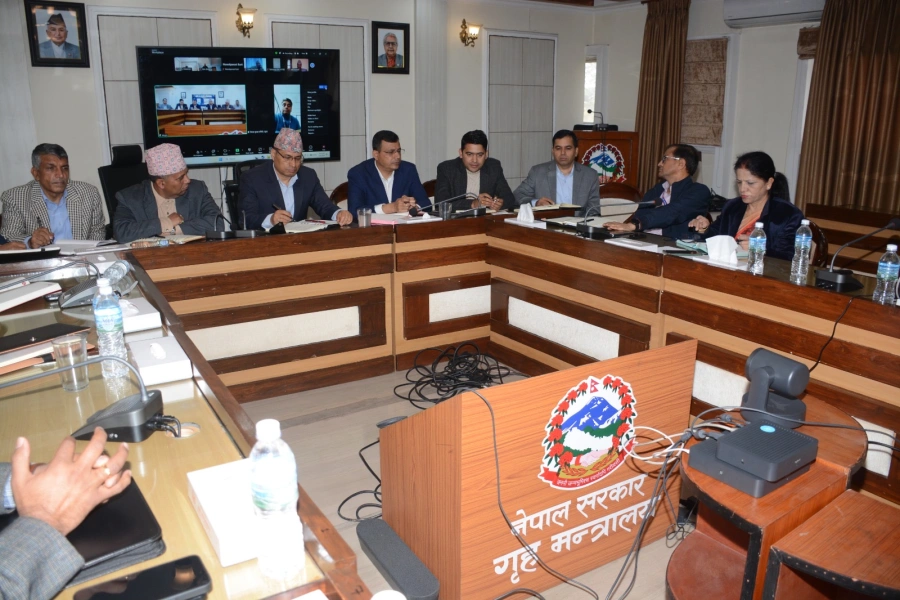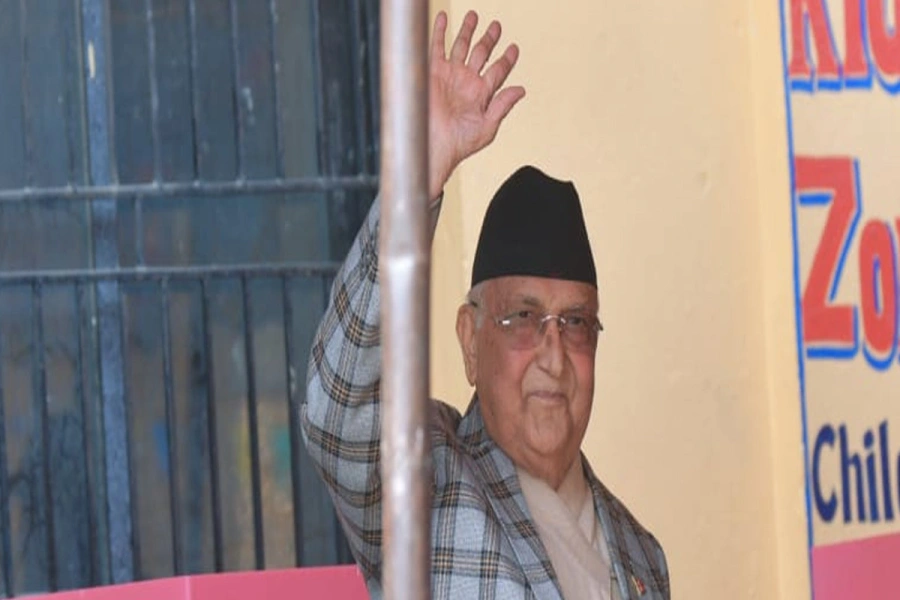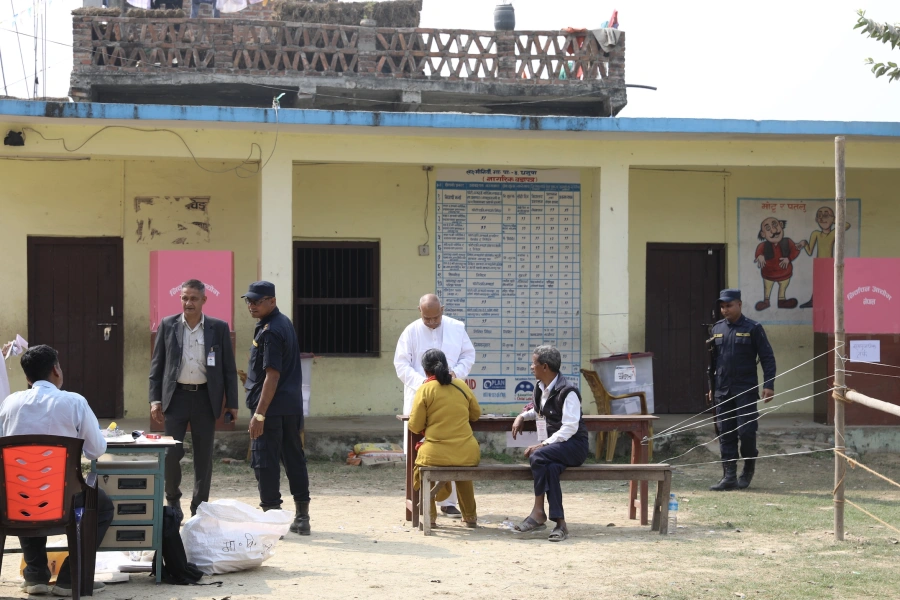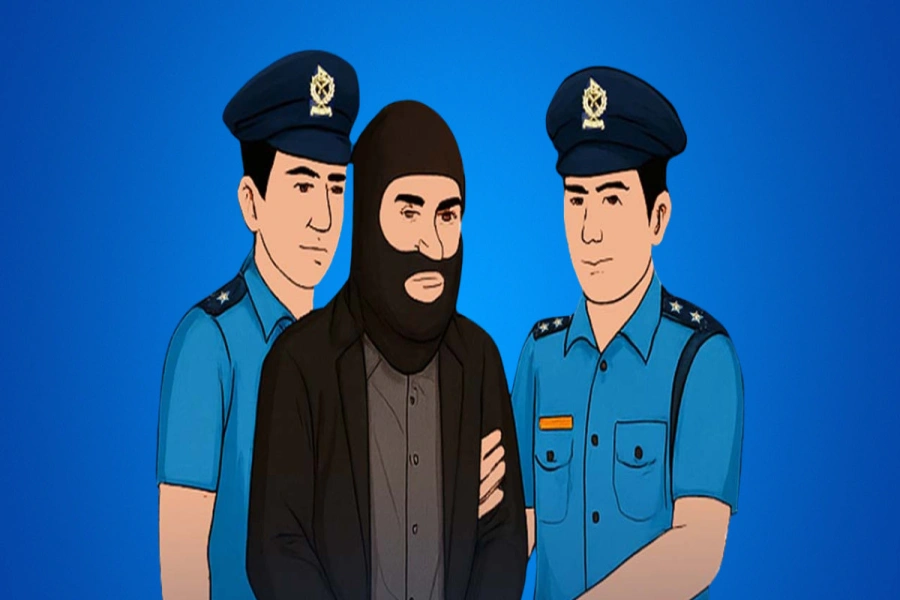Now is the time to show that WHO South-East Asia Region can spearhead the push to end TB once and for all
Each of the WHO South-East Asia Region’s Member States has played a critical role in the global push to End TB by or before 2030. In 2017, for example, health ministers from across the region issued a Call for Action, highlighting the measures needed to rout the disease. That was built on the following year by a Statement of Action, which pledged intensified efforts to achieve that outcome, even as domestic funding reached unprecedented levels. In the same year, at the UN General Assembly, Member States vigorously canvassed for a Political Declaration on the Fight against Tuberculosis, which was subsequently endorsed. And in key forums within the Region and beyond, Member States continue to advocate with the passion and force required to chart path-breaking change.
Region-wide commitment, resolve and action are to be commended. It is also vitally important. The South-East Asia Region is the world’s most TB-affected region, with the life-threatening disease having serious social, political and economic impact. Not only does the Region account for 44 percent of the 10 million people globally that fell ill with TB in 2017; it also makes up more than 50 percent of the 1.27 million TB deaths which, when TB-HIV mortality is accounted for, is estimated to be 1.6 million annually. Significantly, TB remains the Region’s leading cause of death and lost productive years in the crucial 15-49-year-old age group, impacting the prospects of individuals, families, communities and countries. The Region is also home to a growing number of drug-resistant cases of the disease, threatening the control of TB generally, as well as health security specifically.
What's keeping you sane?

In recognizing and commending Member States’ leadership at the global level, it is nevertheless imperative they implement in full, and without delay, the UN’s Political Declaration, leveraging its impact to maximum effect. That means ensuring that by 2022, 18 million TB patients are diagnosed and effectively treated (including 1.5 million children), more than 500 000 patients with drug-resistant TB are successfully treated, and preventive treatment is provided to around 12 million people at risk of developing the disease. Though this is a considerable challenge, achieving these outcomes is both possible and necessary.
To that end, intensifying active case-finding, especially among high-risk groups, is essential. In 2017, for example, around 1.5 million TB cases either failed to be notified or received treatment of uncertain quality. That is of deep concern. As modelling shows, intensified case-finding can dramatically reduce case incidence while also ensuring all patients receive quality treatment. In pursuing this core strategy, Member States should develop a joint roadmap on how they can harness novel diagnostics (alongside community engagement) to find missing cases, as well as how people-centered treatment can be provided to all.
Covering all groups at risk of developing TB with preventive treatment should also be prioritized. This is especially important given the need to treat latent TB with new drugs that are more effective in preventing latent cases becoming active. Importantly, all plans should be aligned with WHO guidelines, which also recommend treating childhood, adolescent and adult contacts of TB cases, alongside other at-risk groups such as people living with HIV or those who are immunocompromised. If adequately implemented, the Region can reach many more than the 12 million targeted for treatment.
Third, all partners should support the supply of first-line drugs via south-south cooperation, precisely as India has offered to do. At present, several of the Region’s countries are producing drugs and diagnostics, while others are testing new technologies that show great promise. This should be taken advantage of, with Member States leveraging the opportunity to make substantial savings that can be used on priority interventions or in the event of unforeseen circumstances, including outbreaks. Royalty-free technology transfers will meanwhile improve access to diagnostics and the efficacy of outreach, facilitating significant Region-wide progress.
Fourth and finally, community engagement, including capacity building, must be a core priority of all countries, whether low- or high-prevalence. Rather than passively implementing policies that come from above, affected communities should be part of the policy development process, with community recommendations reflected on paper and in on-the-ground initiatives. As part of that, they should also be empowered as advocates able to monitor the quality of services and support outreach efforts. This will help ensure all people receive the life-saving care required.
WHO will continue to provide technical and operational support to these and other pursuits as part of the Region’s Flagship Priority of accelerating efforts towards ending TB. As high-level backing at the international level advances, and Member State funding mechanisms are streamlined (as they must be), the possibility of charting dramatic progress will be enhanced. That is an outcome we should all work toward. Indeed, now is the time to reflect on the momentum already developed and embrace the responsibility leadership entails. Now is the time to show that we—the WHO South-East Asia Region—can spearhead the push to end TB once and for all.
The author is World Health Organization Regional Director for South-East Asia



-69a940c05c766-1772700256.webp)

